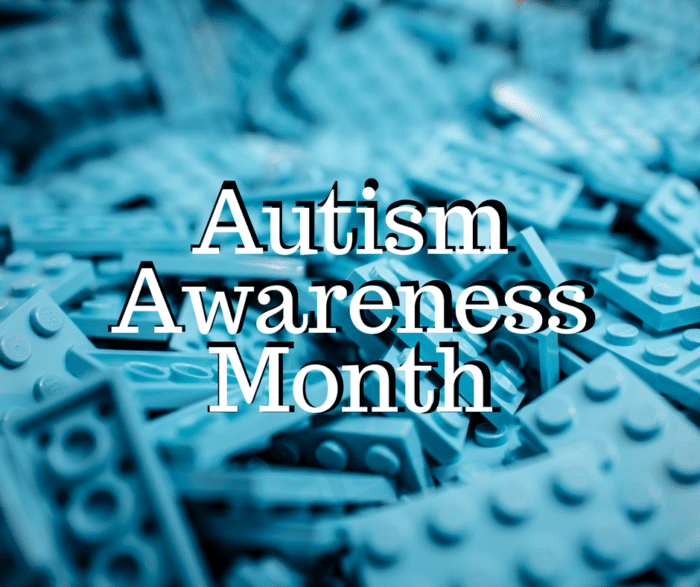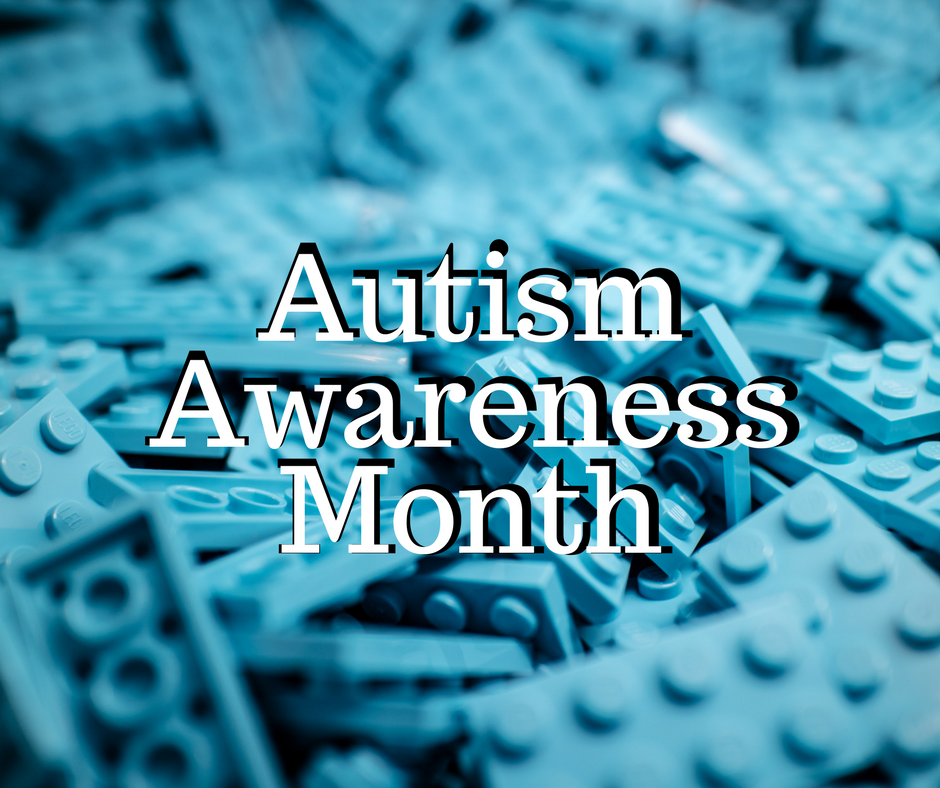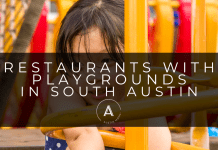
April is Autism Awareness Month. Autism is a complex neurobehavioral condition that includes impairments in communication, developmental language, and social interaction, combined with rigid and repetitive behaviors.
Autism is now called Autism Spectrum Disorder (ASD) because the symptoms range in severity. High-functioning autism, formerly known as Aspergers Syndrome, is at one end of the autism spectrum. This may be a handicap that somewhat limits an otherwise normal life, but can largely be invisible or undiagnosed, or even dismissed as bad behavior or “weirdness.” Severe autism, at the other end of the spectrum, can be a debilitating disability that may even require institutional care. There is no known cause or cure for ASD. To be sure, any child on the spectrum has many challenges in their day to day lives, and their parents are often stressed and exhausted.
My stepson has high-functioning ASD and was not diagnosed until high school. His diagnosis has been a blessing, because he is able to better understand what is going on with himself, and gets more support and understanding from his family, school, and the community. He is doing better now in every aspect of his life.
My youngest son, at age four, has not yet been screened for autism. He has some sensory and social issues that are in line with ASD, but other behaviors that aren’t, so we are not sure yet what he is dealing with. For both kids, there are endless therapy sessions and doctor’s appointments, 504 meetings to prepare for, phone calls and emails to complete, haggling on the phone with insurance companies (that should not be how I feel, but it really is!), behavior charts, fidget toys, sensory diet plans to implement…it is exhausting and overwhelming for even me, and I am a chaos-loving mama with high-functioning kids.
I have friends whose situations with their ASD children look very different. Their kids are in high school but wear diapers and don’t speak, or their kids have massive meltdowns in virtually every public place, or their kids have had to be institutionalized by age nine, or perhaps worse — their kids look completely normal but seem unreachable, locked away inside themselves, in their own worlds. I can’t imagine this daily reality, but these warrior parents persist every day — through the uncertainty, through the worry, through the absolute exhaustion, through the tears. They are always still TRYING when others would surely have given up — trying to include their kids in activities or parties, or family pictures, or holidays, or grocery store trips, or a conversation. They actually listen to friends complain about how their neurotypical kid won’t eat anything but nuggets and macaroni, and manage to not roll their eyes because they know their own kid might actually have to be hospitalized if they lose the RED cup because they will ONLY drink from it. These warrior parents won’t give up on their child, even when it seems the rest of the world already has.
Awareness is an amazing thing. It is inspiring, it offers insight, it opens eyes to struggles otherwise not noticed. But this year for Autism Awareness Month, I suggest we all focus on acceptance. Acceptance means not just understanding that some kids have autism and the struggles this entails, but to accept those kids despite their differences. To invite those kids to a party or playdate, and not judge if they don’t attend. To let your friend who is an autism parent vent if she needs to, or be late, or take a nap and not judge.
To accept that your child with autism is not incomplete, he is perfect. To accept that you may not be able to bring your child with autism into your world, but you can sure try to jump into hers. To accept that you, an autism parent, are doing the best that you can. To accept that your family, an autism family, may not look or act like others, but there is NOTHING WRONG WITH DIFFERENT. Different can be hard, confusing, scary…but beautiful, original, and deep.
If there is a child with autism in your life, in any capacity, then you have probably seen that firsthand. Let’s create awareness for those who are not familiar with autism, and acceptance of those whose lives are touched by it — especially our own.
For more information about ASD, please check out the Autism Society of Texas online at www.texasautismsociety.org.
If you need resources locally, here is a helpful guide provided by the Autism Society of Texas where you can find information on a huge range of services, such as camps, crisis management, early intervention, adaptive equipment, legal services, even haircuts- and so much more!
2017-Autism-Society-of-Texas-Statewide-Resource-Guide-1











I’m so sorry for your family’s pain and frustration. I’m a health writer and I have been doing some research in this arena. You might want to check out qigong massage, Dr. Silva’s work. http://www.qsti.org/
Hi there. I would love to share some successes I’ve had with natural treatments. I have found some truly great resources and tools. In meantime, this is a great resource going on right now for free.
http://autismglobalsummit.com/
Leslie
[email protected]